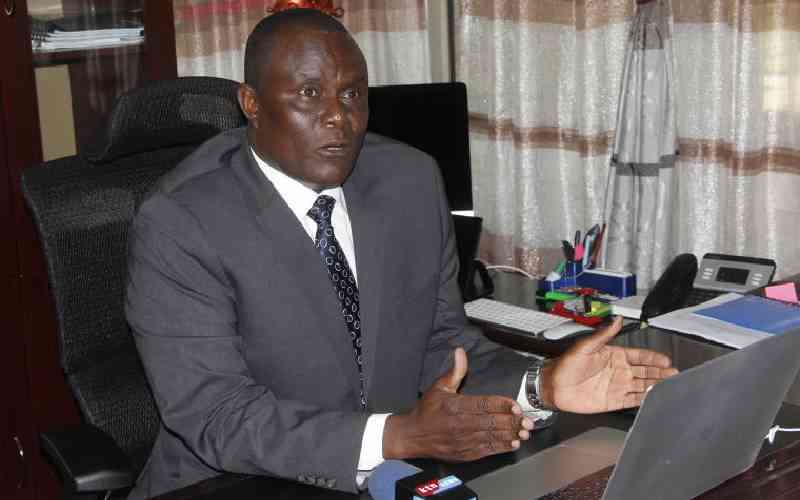×
The Standard e-Paper
Join Thousands Daily

Egerton University has entered into a partnership with Kisii National Polytechnic (KNP) for a multimillion-shilling capacity-building project tailored to improve education programmes in agriculture.
The director of the university's Centre of Excellence for Livestock Innovation and Business Prof Alexander Kahi says the project is funded to the tune of more than Sh525 million by the German Development Bank under the Skills Initiative for Africa (SIFA) programme.